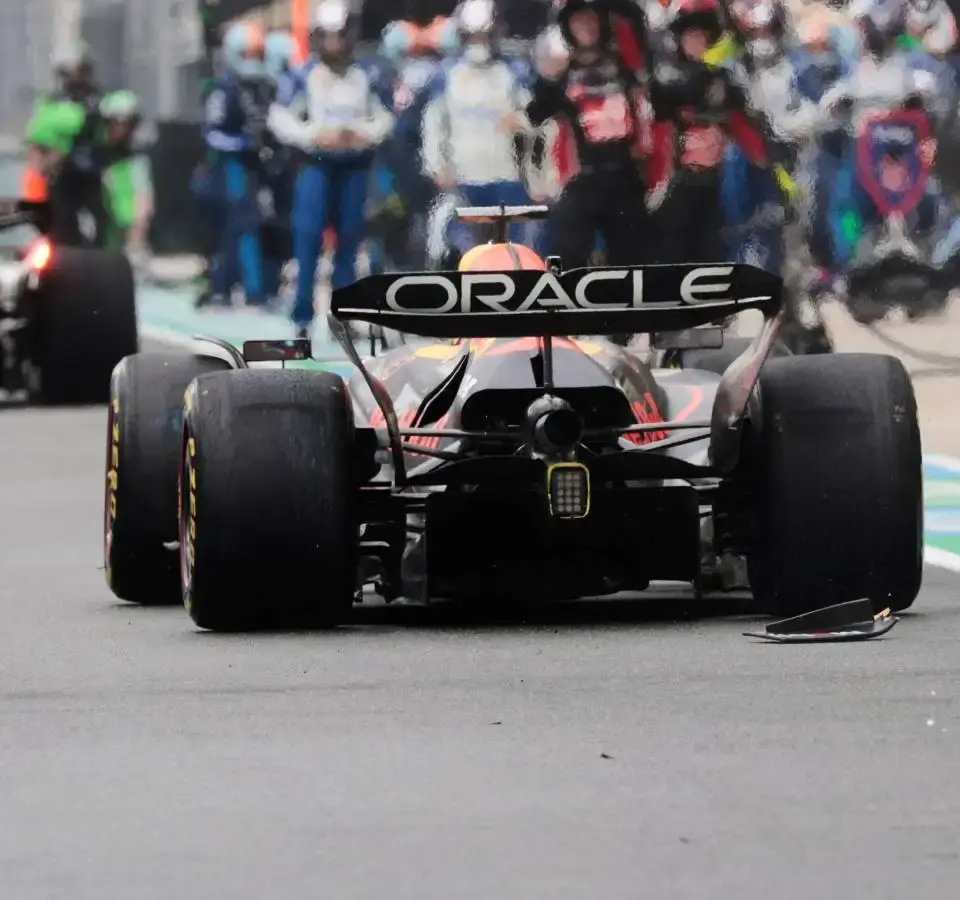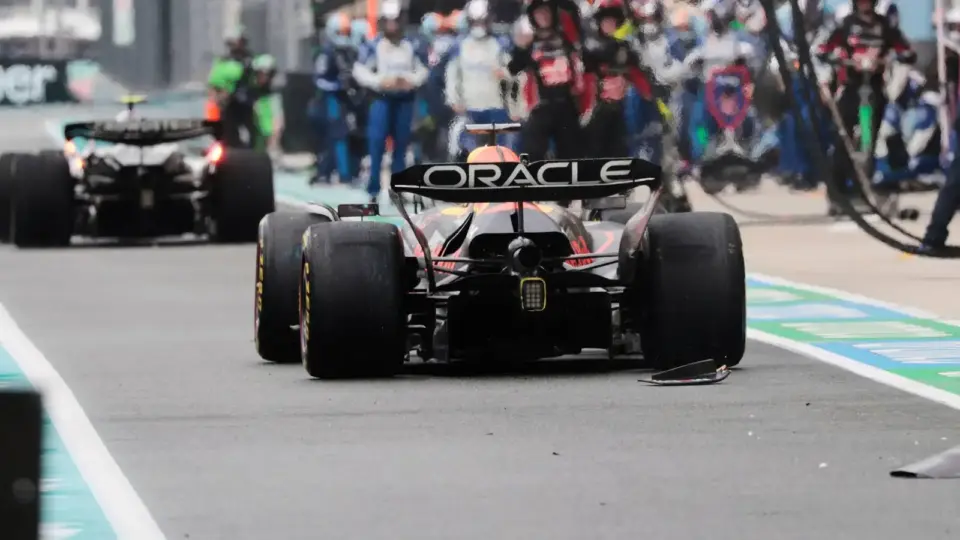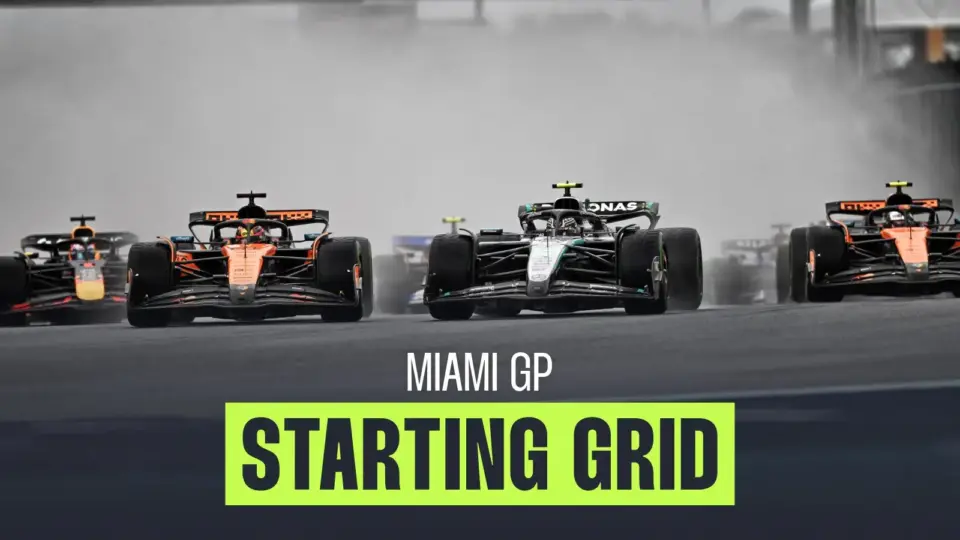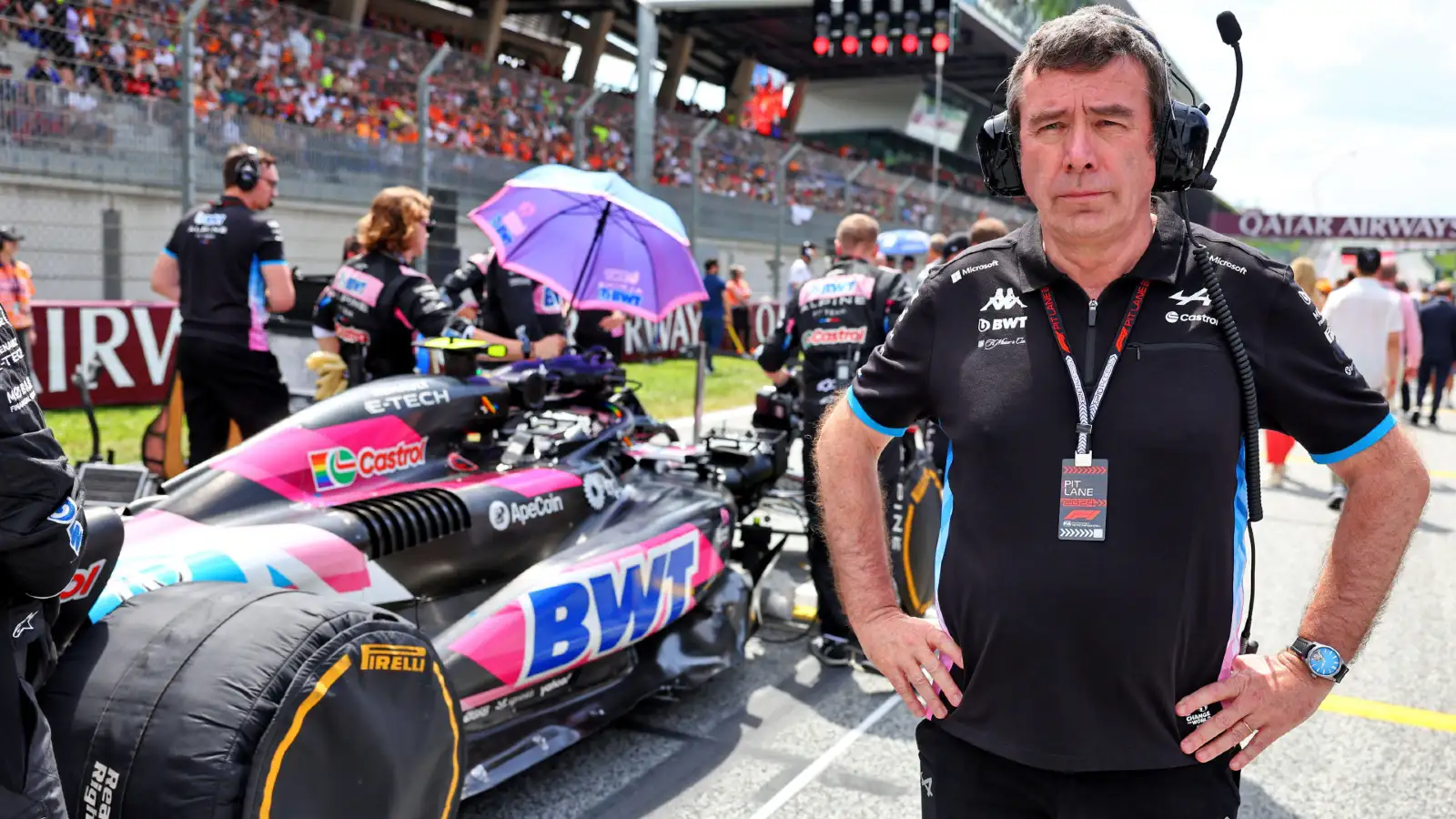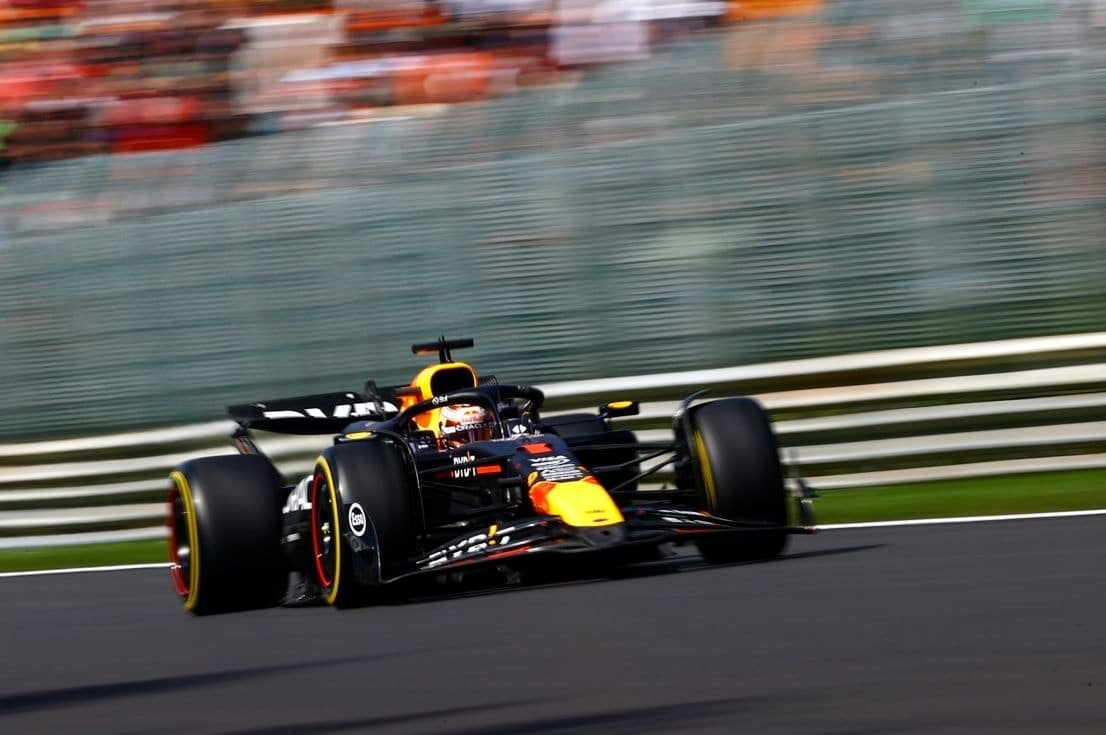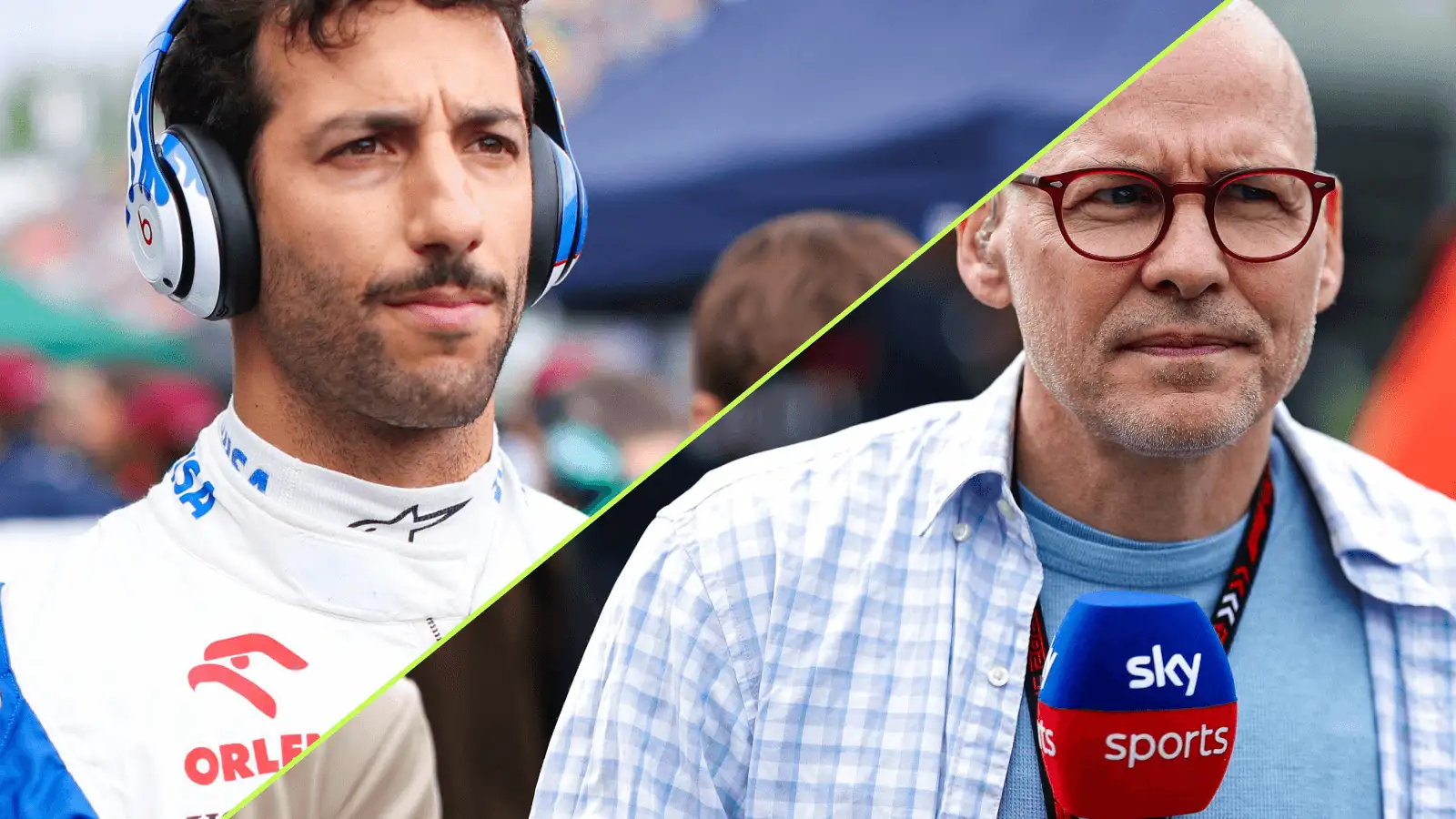In a dramatic turn of events at the Miami Grand Prix, Max Verstappen and Kimi Antonelli had an unexpected pit lane collision. The incident left spectators on edge but also concluded without any injuries, thanks to Antonelli’s quick reactions. Verstappen was penalized with a time penalty, yet avoided further FIA action.
Despite the chaos in the race, which included unpredictable weather and a string of mishaps, the FIA has delivered their final assessment. This verdict not only affects the drivers involved but also sets a precedent for how similar incidents could be handled in the future. Let’s delve into the details of what transpired in Miami.
Prelude to the Collision
Heavy rain and poor visibility marked the beginning of the Miami sprint, with the race initially starting behind a Safety Car. However, as the skies cleared and the track dried, slick tires became a game-changing choice. Amidst this, Red Bull called Verstappen in from third place, while Mercedes called Antonelli from fourth.
The Incident Unfolds
In a tense moment, Verstappen was released right into Antonelli’s path, leading to a collision. The resulting chaos saw Verstappen’s car suffer from a broken wing. Fortunately, no one from the pit crews of either team was harmed, a testament to their alertness during the rapid sequence of events.
Earlier in the race, Verstappen had narrowly avoided punishment for a supposed false start. However, the pit-lane clash with Antonelli did lead to a penalty for the Red Bull driver, albeit only a 10-second time one.
Stewards’ Judgment
They concluded that Car 1 had been mistakenly sent into Car 12’s path, causing the collision. However, they acknowledged Verstappen’s attempts to avoid the crash, which led to a lack of penalty points.
The official decision was that while the incident was unfortunate, Verstappen wasn’t further penalized, offering some respite to the Red Bull team.
Previous Pit-stop Woes
Verstappen noted that various incidents, like the lighting issues in Bahrain, were all different and hard to compare. However, the team expressed relief that no one was injured in Miami.
Christian Horner, the Red Bull team principal, emphasized human error as the issue and promised improvements.
Aftermath of the Sprint
Despite the disappointing finish, the overriding sentiment was relief at avoiding injuries.
What Drivers Had to Say
He expressed that investigations were needed but was more concerned about everyone’s safety amidst the high-speed pressure.
Horner maintained his brief commentary to emphasize learning from mistakes.
Reflections on the Verdict
Stewards made it clear that appeals could be made within the FIA’s allocated time limits.
Broader Implications
Future protocols might be adjusted to prevent similar collisions, offering a learning curve for all involved.
Red Bull and Mercedes will undoubtedly scrutinize their operations following the Miami episode.
Closing Thoughts
Yet, amidst the controversies, the assurance of driver safety remained paramount, reminding all involved of the sport’s unpredictable nature.
The Miami GP pit-stop incident served as a stark reminder of the delicate balance in Formula 1 between speed and safety. Critically, it highlighted the necessity for constant vigilance and the importance of quick reactions in averting more severe consequences.
